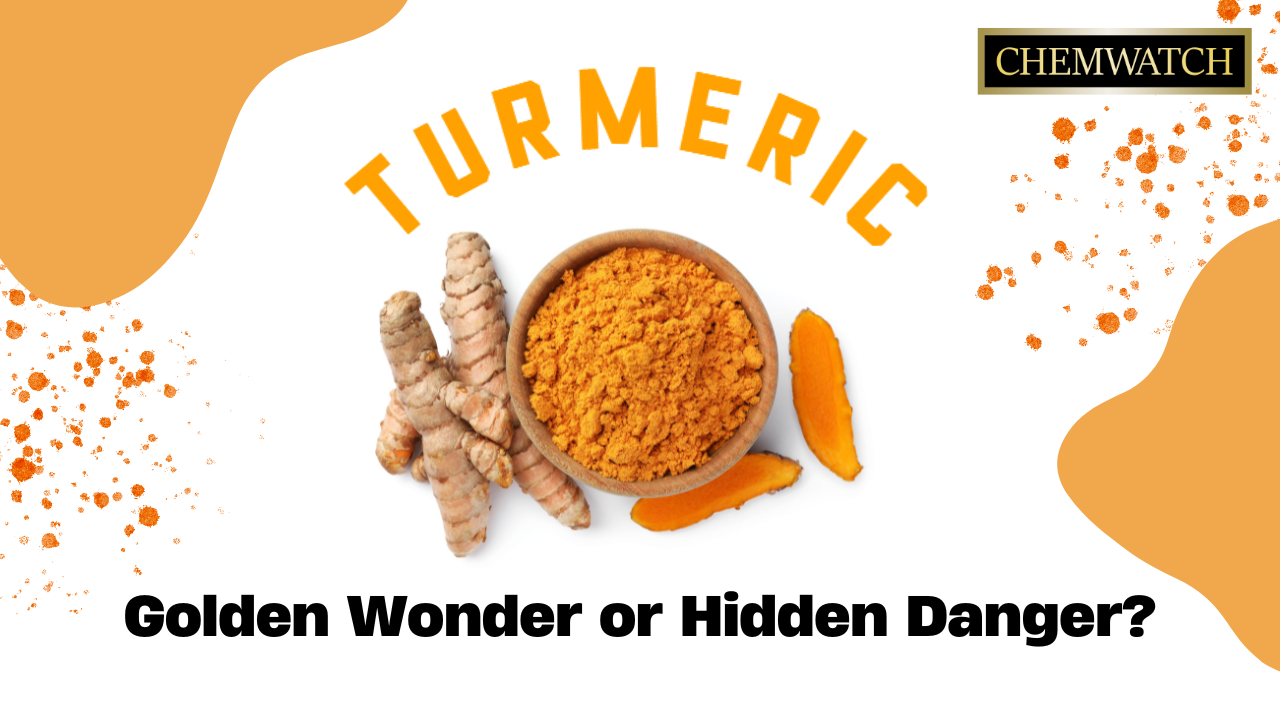
Ever wondered what gives curry its brilliant golden colour? It’s turmeric! This ancient anti-inflammatory spice, derived from the Curcuma longa plant, has become a staple in kitchens and medicine cabinets alike. With growing interest in the health benefits of turmeric, it's important to explore both the power of its active compound—curcumin—and emerging concerns about turmeric lead contamination. So, is turmeric safe? Let’s break it down.

Curcumin, the primary bioactive compound in turmeric, boasts powerful anti-inflammatory and antioxidant effects. It works by:
Research suggests curcumin crosses the blood-brain barrier and may:
Curcumin may:
Despite its health halo, some turmeric is contaminated with lead chromate—a toxic compound added to intensify its yellow colour.
Cases in herbal supplement users have drawn attention to this contamination, raising concerns about turmeric supplements and powdered turmeric from certain regions.
To enjoy turmeric’s benefits without risk, follow these safety tips:
Is turmeric safe? Yes- if it's sourced and tested responsibly. The health benefits of turmeric and curcumin are compelling, from anti-inflammatory action to potential neuroprotective effects. But consumers must stay informed about turmeric lead contamination. Choose high-quality products to harness the golden spice’s potential safely.
Need More? If you’d like to find out more about the chemicals mentioned in this article, Chemwatch is here to help. As global experts in chemicals management with some of the largest SDS and regulatory databases in the world, we can assist you in meeting your safety obligations and bridging your knowledge gap. Contact Us today!
Sources